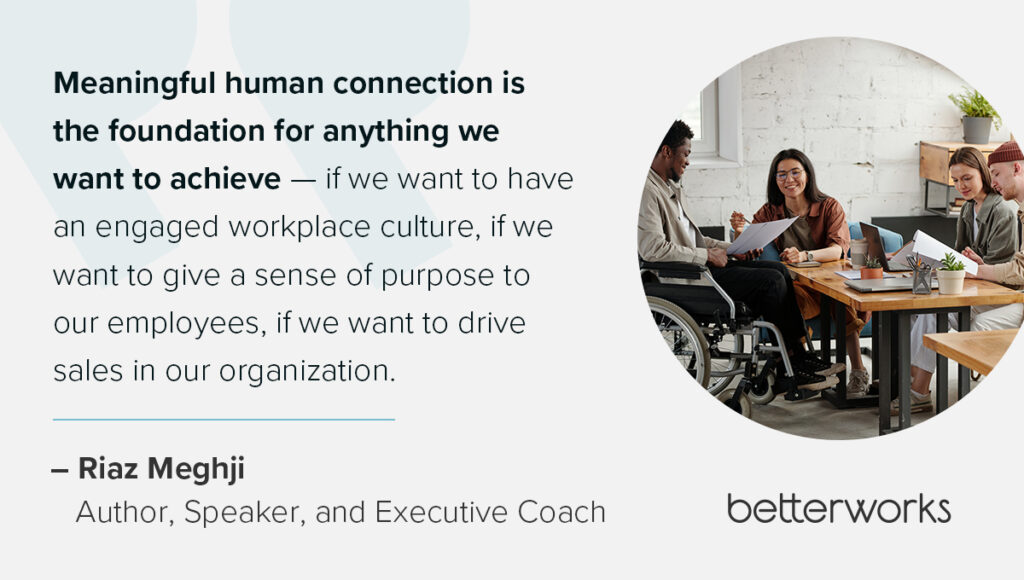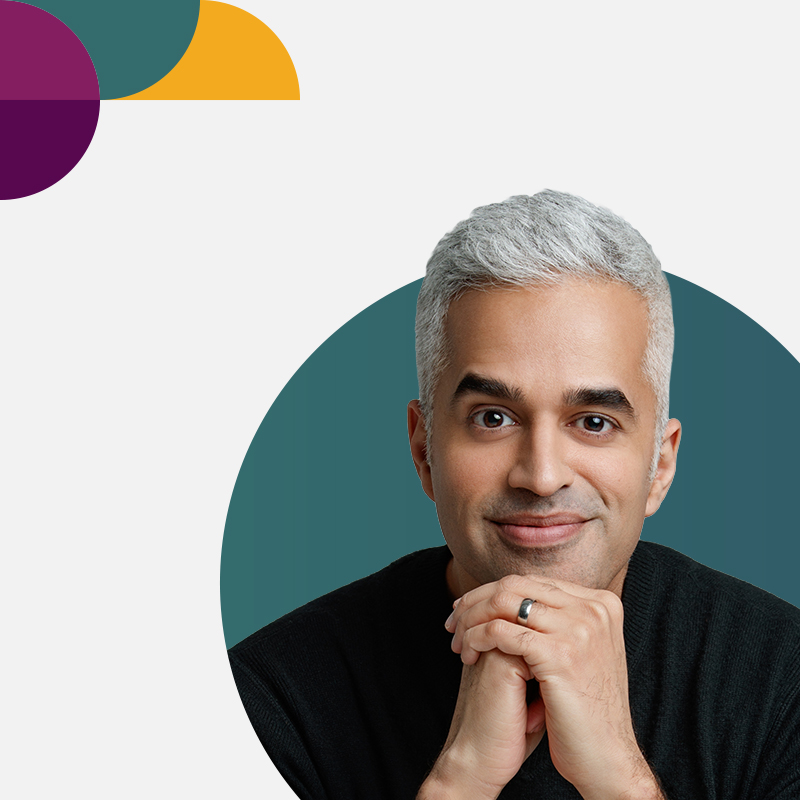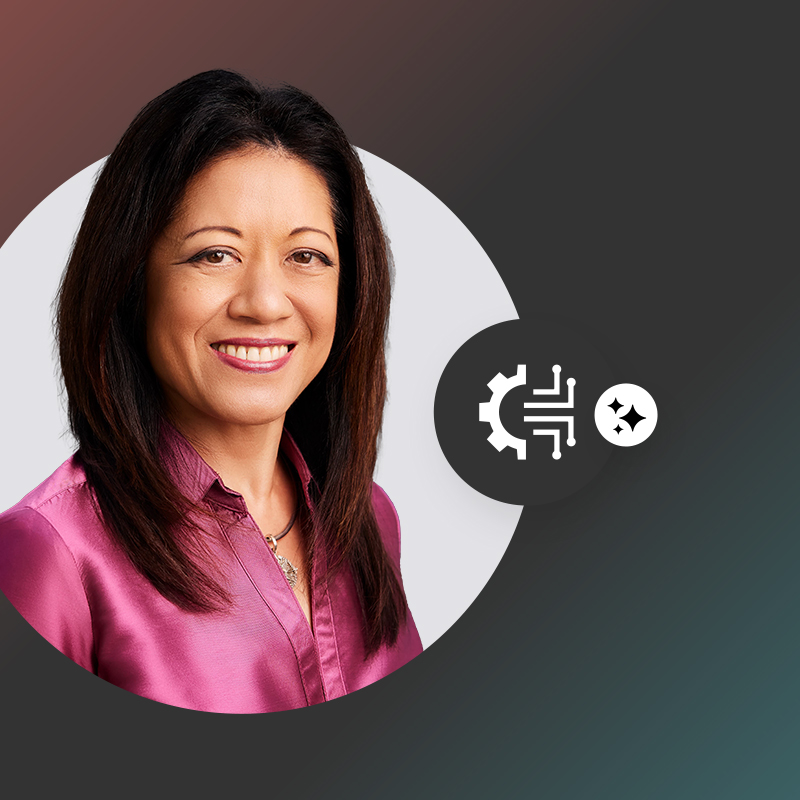In a world where physical proximity no longer determines collaboration or community, forging meaningful connections across distances has become a defining challenge of our time.
Today, strong human connections and meaningful conversations aren’t just “nice-to-have,” argues Riaz Meghji, author of “Every Conversation Counts: The 5 Habits of Human Connection That Build Extraordinary Relationships.”
“Meaningful human connection is the foundation for anything we want to achieve — if we want to have an engaged workplace culture, if we want to give a sense of purpose to our employees, if we want to drive sales in our organization,” Riaz says. “I don’t believe we can motivate, persuade, or influence anyone unless we connect with them first.”
In his role as emcee, Riaz will share his perspective on human connection to frame the important conversations happening at EmpowerHR Americas. We talked with Riaz ahead of the event to find out how to facilitate open dialogue, understanding, and support to cultivate the strong bonds that drive organizational success.
Embrace a beginner’s mindset
To effectively lead and connect teams, HR leaders benefit from maintaining — or returning to — a “beginner’s mindset,” Riaz says. “Sometimes our experience and expertise can get in the way of how we progress and excel forward because we’re falling back to the things we used to do,” he says. “But in the beginner’s mind, there’s infinite possibilities of how we can tackle what’s happening.”
Riaz encourages HR professionals to judge less and listen more, embracing the uncertainties of a changing work environment. By keeping an open and curious perspective, leaders can gain valuable insights from employees about their current needs and priorities, which may differ from past expectations. “It’s taking that moment to ask first and talk second to ignite that other person’s sense of self-discovery,” Riaz says. “This will allow us to find new ways to not only progress but also to collaborate.”

Prompt before you prescribe
For many leaders, the instinct is to solve problems. But when connecting with employees, jumping straight into a solution isn’t always the right approach — especially in hybrid and remote environments, where employees often feel unacknowledged in conversations.
Instead, Riaz recommends that you prompt before you prescribe. “What are the questions that we could ask to truly diagnose what is going on and what the problem is?” he says. “Because our intent might be pure when we come up with a solution, but how can we feel it before we fix it?”
Prompting also models empathetic listening, which builds trust in discussions. By asking open-ended questions in conversations, you can demonstrate care for different points of view rather than making assumptions.
“We can lead with this empathetic curiosity to check our own egos, check our own expertise, and just keep an open mind,” Riaz says. This encourages openness and positions challenges as opportunities for mutual growth rather than confrontation.
Teaching managers to prompt before they prescribe is essential to helping them lead better conversations with their teams. But it’s just as important for HR leaders to listen to managers and understand their concerns. HR can play a key role in encouraging managers to access available resources, Riaz says, and making management a collaborative process.
Recognize the value of vulnerability
The idea of vulnerability in leadership can make some people uncomfortable, Riaz says, since many leaders see it as a sign of weakness. However, he advocates for what he calls “value-added vulnerability” to create safe spaces for open communication. “As leaders, if we’re going to share the struggles that we have going on in our lives, I think it’s also important and courageous on the part of HR leaders to talk about what we’ve done to overcome them,” Riaz says.
Leading by example through value-added vulnerability can give permission for others to do the same. If a seasoned leader discusses a real problem they faced in their career, along with the lessons they learned, it provides a model for how to turn struggles into opportunities for growth. This level of transparency and honesty from a leader helps people feel less alone in their own experiences.
While people may not open up right away, practicing value-added vulnerability sets a tone that welcomes open communication. “The consistency of care, the consistency of vulnerability, the consistency of accessibility as a leader, over time, creates this credibility that you are the safe space, you are that transparent leader, that it is OK to ask for help,” Riaz says.
Want to learn more? Register to hear Riaz’s perspective on human connection at EmpowerHR Americas.
Hear more from Riaz!


